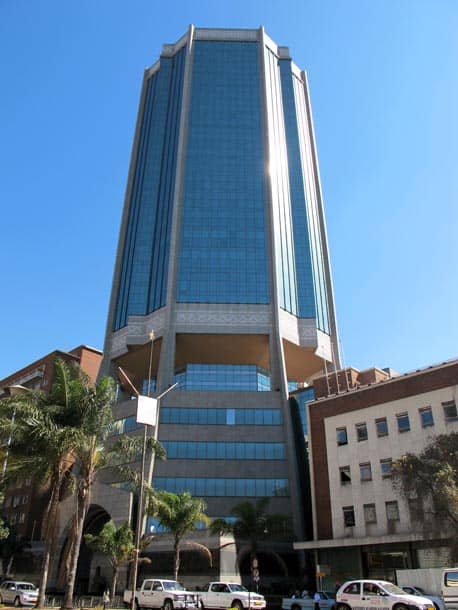The International Monetary Fund says extreme poverty in Zimbabwe has remained high due to a number of factors.
Meanwhile, IMF says the international community seeks improvements in domestic political conditions and economic policies to initiate reengagement with Zimbabwe.
Summary of IMF report on Zimbabwe reads:
Zimbabwe experienced severe exogenous shocks (cyclone Idai, protracted drought, and the COVID-19 pandemic) during 2019-20, which along with policy missteps in 2019, led to a deep recession and high inflation.
Real GDP contracted cumulatively by 11.7 percent during 2019-20 and inflation reached 837 percent (y/y) by July 2020.
Reflecting good rainfall and relaxation of containment measures, real GDP rose by 6.3 percent in 2021. A tighter policy stance since mid-2020 (relative to 2019) has contributed to reducing inflation to 60.7 percent (y/y) at end-2021.
However, high double-digit inflation and wide parallel foreign exchange (FX) market premia persist. The economic downturn and high inflation increased the financial system vulnerabilities.
Extreme poverty has risen and about a third of the population is at risk of food insecurity.
The international community seeks improvements in domestic political conditions and economic policies to initiate reengagement with Zimbabwe.
The authorities have started token payments to external creditors in a bid to revive international reengagement.
Zwnews













